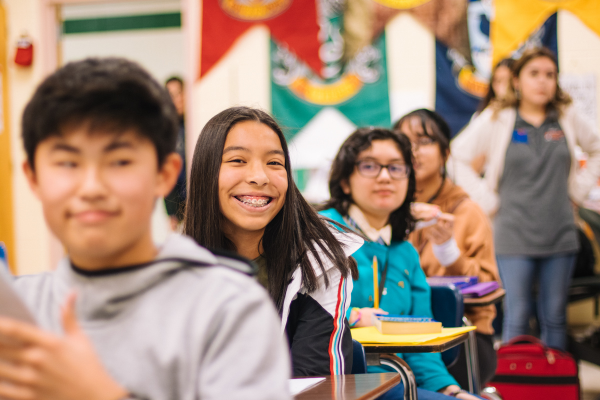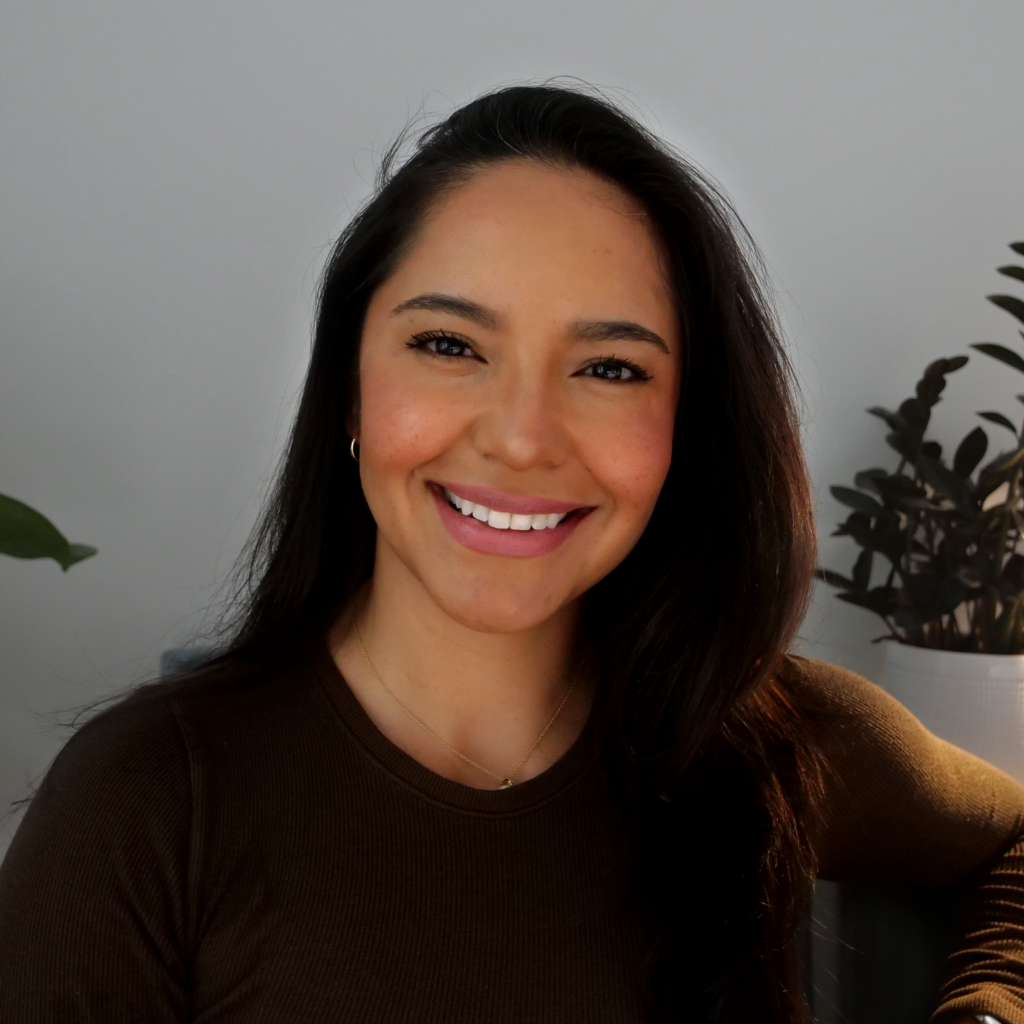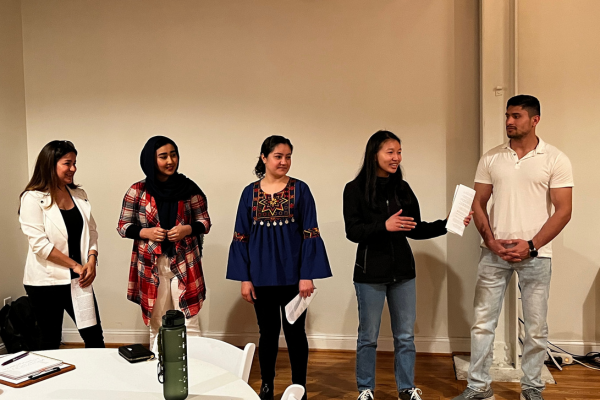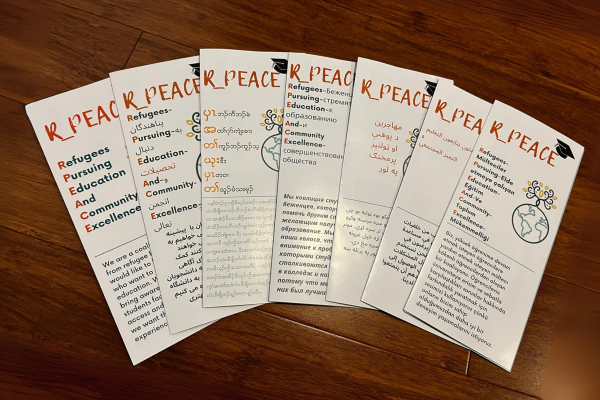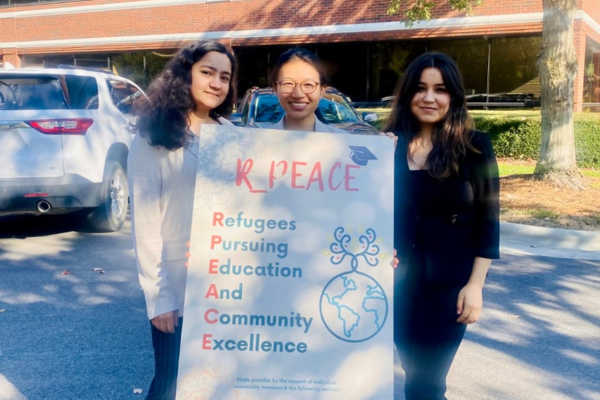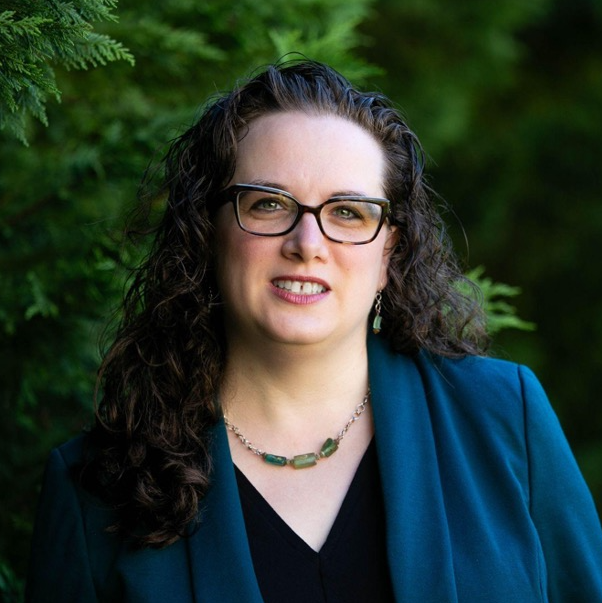By: Geeti, recent college graduate with Political Science/Cons. Pre-law & Criminology degree
This is the fifth post in a the Refugee Youth Voices series that is uplifting the voices of young people with refugee- and immigrant-backgrounds.
Highlights:
- This post is part of the Refugee Youth Voices blog series in partnership with the Refugees Pursuing Education And Community Excellence (R_PEACE) coalition.
- Students from R_PEACE are sharing their experiences from having a refugee background and now being in the United States.
- Geeti talks about her life in the USA after being relocated in Kyrgyzstan from her homeland of Afghanistan.
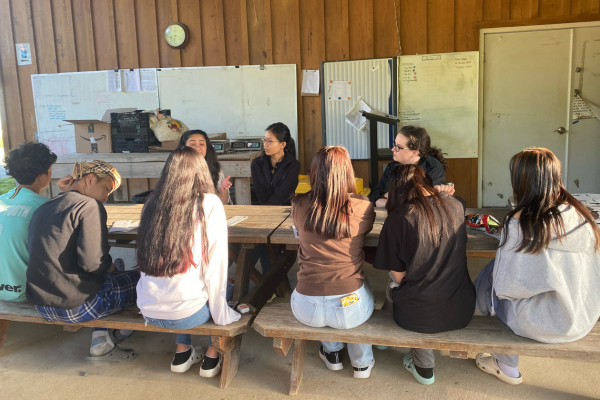
My name is Geeti, and I’m originally from Afghanistan. My family and I left our home country in 2007 when I was 8 years old. We temporarily relocated to Bishkek, Kyrgyzstan before moving to the USA in 2014. The motivation behind sharing my experience is to shed light on the fact that people like me do not come to the USA solely for a better life; it is primarily for our safety, as our lives were in great danger. I hope to reach a diverse audience because I want to be a voice for others facing similar challenges.
Coming to the USA & Thriving
Transitioning to the USA was not as challenging as our move to Kyrgyzstan from Afghanistan. We quickly made friends, and their support helped us stand on our feet. While learning a new language and culture presented its own set of challenges, our prior experience in Kyrgyzstan made this transition feel less complicated.
We started to believe that we could rebuild our lives, and this time, we could witness the fruits of our labor. However, it came at a cost. All these challenges took away my parents’ youth, and they sacrificed everything for their children. Their unconditional support and determination inspires me to strive for excellence in everything I do.
My journey through Afghanistan, Kyrgyzstan, and the USA has profoundly influenced my career choices. I’ve recently graduated with my bachelor’s degree in Political Science, concentrating in pre-law and in criminology. These academic pursuits aren’t just decisions; they’re the direct outcome of the experiences and challenges I’ve faced along my journey. I’ve come a long way, but there’s still much ahead as I aim to help others in similar situations.
My Advice
To those facing similar challenges, I want to say this: never underestimate your inner strength and the potential for growth that hardships bring. If I can overcome these obstacles and pursue my dreams, so can you.
Now, I’d like to address the audience that may be reading this, whether you are an educator, parent or other adult. If you’re wondering how you can be more involved and help people like me, the answer is:
- Empathy
- Understanding
- Support
It starts with acknowledging that everyone has a unique journey and story. By listening and learning about the experiences of refugees and immigrants, you can foster a more inclusive and compassionate society.
The Future
In conclusion, my journey from Afghanistan to Kyrgyzstan and finally to the United States has been marked by challenges, sacrifices, and resilience. I’m immensely grateful for the opportunities and obstacles that have shaped me into the person I am today. While I have a long way to go, my goal is to be a voice for those who have faced similar struggles and to contribute positively to society.
Thank you for joining me on this journey, and I’m excited about the chapters that lie ahead!
Stay tuned to this Refugee Youth Voices blog series to read more from Geeti on her experiences in educational systems from country to country!
Please note that pseudonyms are being used to protect the student writers and their family’s safety as part of this Refugee Youth Voices blog series.
If you have any comments or questions about this post, please email Youth-Nex@virginia.edu. Please visit the Youth-Nex Homepage for up to date information about the work happening at the center.
Author Bio: Geeti is part of a group of college students from refugee-backgrounds that formed a coalition called R_PEACE (Refugees Pursuing Education And Community Excellence). R_PEACE creates content by using a critical literacy perspective, telling their counter-stories regarding access and entry into college, and disseminating information. The goal is to increase access to college for other refugees via three avenues: live speaking events in non-profit
